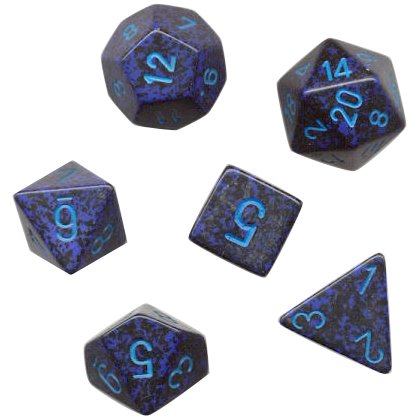Stevethulhu
Studiously Indifferent
- Joined
- Aug 16, 2017
- Messages
- 3,491
- Reaction score
- 5,313
It's something I stumbled on back on RPG.net. Someone expressed the opinion that RPGs are a performance. I had this realisation that the group of gamers is just like a bunch of people jamming. It's completely inward looking, everyone is aware of and making space for everyone else, but mostly doing their own thing. And at it's best it can be a transcendent experience.I was pointing out that it hearkens back to ye olde storytelling, not that it actually is the same as telling stories.
Depending on how this is emphasised really depends on the group playing, and the game itself.
I do like your 'jam session' reference, that is a pretty good analogy
But it's not something an audience is particularly likely to find any pleasure in unless it's being done at a very high level. And even then it can all get a bit Grateful Dead or Led Zeppelin playing live in the 70s. But with more Monthy Python and Lord of the Rings jokes.
My take on that is, yes you can. But is it a good medium to do so?I think you can tell a story while playing an RPG. It’s an open-ended story if it’s not a railroad. Some people like railroads too. You can’t dismiss any play style. There are things that I don’t particularly care for in RPGs, but I’m not going to hate it just because it exists.






 ?
? .
.